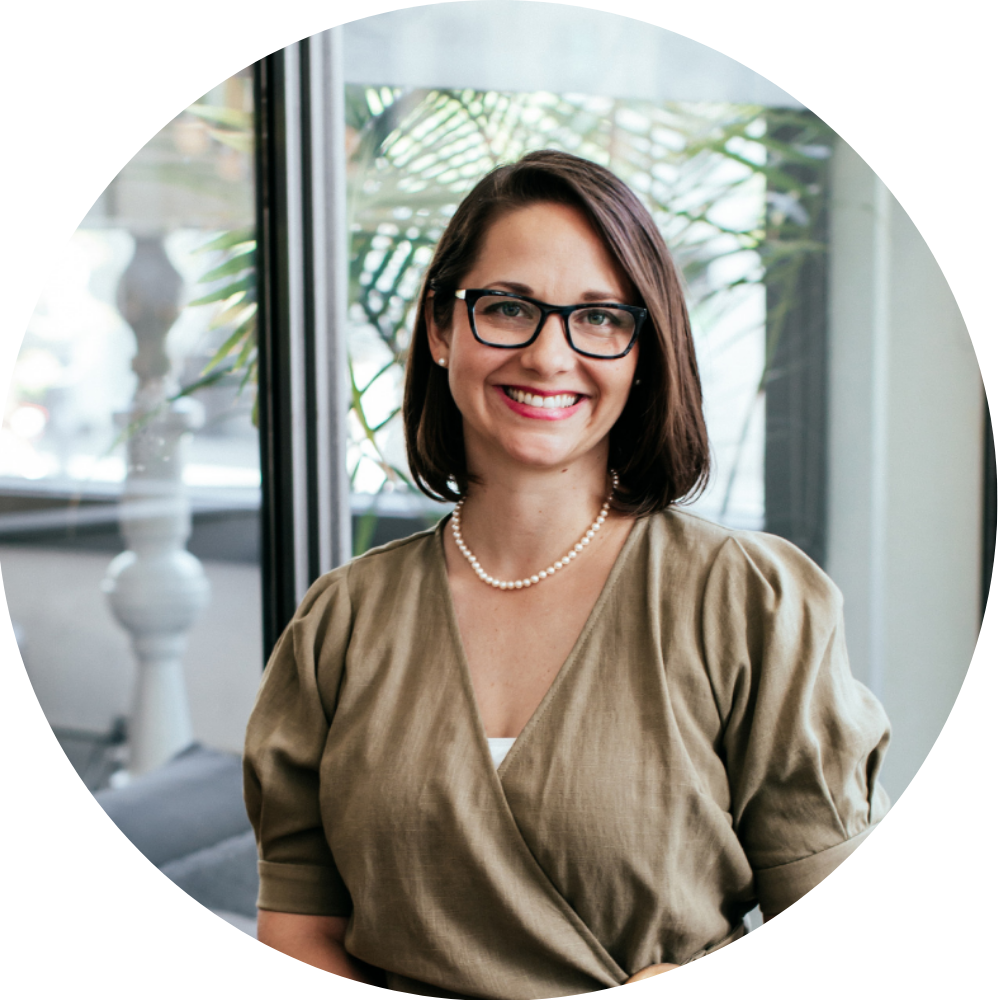Q: How much of my income should I be investing?
A: A good starting point is 15–20% of your gross income, but the right number depends on your goals, debt, and cash flow. Even starting small builds long-term momentum.
Q: Should I pay off student loans or invest first?
A: It depends on the loan interest rate. If your loan rate is high (6–7%+), prioritize paying it down. If it’s lower, you may want to balance both—contributing to retirement while making steady loan payments.
Q: What’s the difference between a 401(k) and an IRA?
A: A 401(k) is employer-sponsored, often with a company match, and allows higher annual contributions. An IRA is opened individually and can offer more investment choices but with lower annual limits.
Q: What should I do if a financial crisis hits?
A: Focus on what you can control — like keeping expenses low, holding onto cash reserves, avoiding rash decisions driven by fear, and sticking with a long-term plan rather than reacting to every headline. (Adapted from Focus on What You Can Control During a Crisis) North Financial Advisors
Q: How large should my emergency fund be during uncertain times?
A: Aim for 3-6 months of essential expenses saved, but during bigger crises or when income is at risk, increasing that buffer to cover 9-12 months may be wise. North Financial Advisors
Q: How do I stop financial “bleeding” when my income drops?
A: Prioritize your biggest fixed expenses (mortgage, rent, loans), communicate with lenders about relief or deferral options, reduce non-essential spending, and preserve cash whenever possible. North Financial Advisors
Q: When choosing investments, what should I prioritize over chasing returns?
A: Choose what you can stick with. Prioritize diversification, low costs (expense ratios), appropriate asset allocation, and investments that align with your time horizon and risk tolerance. Avoid being swayed by short-term market hype. North Financial Advisors
Q: How do I set up my portfolio’s allocation between stocks, bonds, and other assets?
A: Mix based on your timeline (how long until you need the money), risk tolerance, and goals. For example, longer horizons often can take more stock exposure, but ensure you have diversification across geographies, industries, and asset classes. North Financial Advisors
Q: What are some key terms I should know as an investor?
A:
-
Diversification: Not putting all your eggs in one asset class or stock. North Financial Advisors
-
Index Funds & ETFs: Funds that track a market benchmark rather than trying to pick individual stocks. Lower cost, easier to stay invested. North Financial Advisors
-
Large-Cap, Small-Cap, Mid-Cap: Categories of stocks by company size; each has different risk/return profiles. North Financial Advisors
-
Expense Ratio: What you pay yearly for funds; lower is better. North Financial Advisors
Q: Should I panic or change my investing plan during market downturns?
A: Generally, no. Staying consistent with a well-thought-out plan, rebalancing as needed, and avoiding emotional decisions tend to yield better long-term outcomes than trying to time the market or reacting too strongly to short-term dips. Remember, you need this money to last decades — you’re not going to need it next week. North Financial Advisors
Q: Am I saving enough for retirement if I started later than I wanted to?
A: Many women in their 40s feel behind on retirement savings. The good news is that you’re often in your peak earning years and can accelerate contributions. Doubling down to max out retirement accounts (like a 401(k) or IRA) can help you close the gap.
Q: Should I change my investment strategy as I approach my 50s?
A: Yes, this is a good time to revisit your asset allocation, and create a financial plan for retirement and other life goals you have. While you may still want growth through stocks, gradually reducing risk and ensuring you have a strong mix of stocks, bonds, and cash can help protect your wealth as retirement gets closer.
Q: How should I balance saving for my kids’ college with my own retirement?
A: It’s natural to want to help children, but prioritizing your retirement first is critical—you can borrow for education, but you can’t borrow for retirement. Once you’re on track for your own goals, you can set aside funds for college.
Q: If I don’t have kids, how should I think about my legacy and estate planning?
A: Many childfree women focus on supporting causes they care about, nieces/nephews, or friends. Having a will, powers of attorney, and possibly a trust ensures your money goes where you want it to.
Q: How do I plan for long-term care if I won’t have children to rely on?
A: It’s smart to plan early by building extra savings, exploring long-term care insurance, and thinking about housing options (aging in place vs. community living). Having a financial plan gives you more choice and security.
Q: Without kids, how do I set financial goals in midlife?
A: Goals often shift toward lifestyle — travel, early retirement, sabbaticals, philanthropy, or pursuing passions. Financial planning helps align money with those personal priorities.
For more detailed support on your investment strategies, reach out to discuss financial planning.


